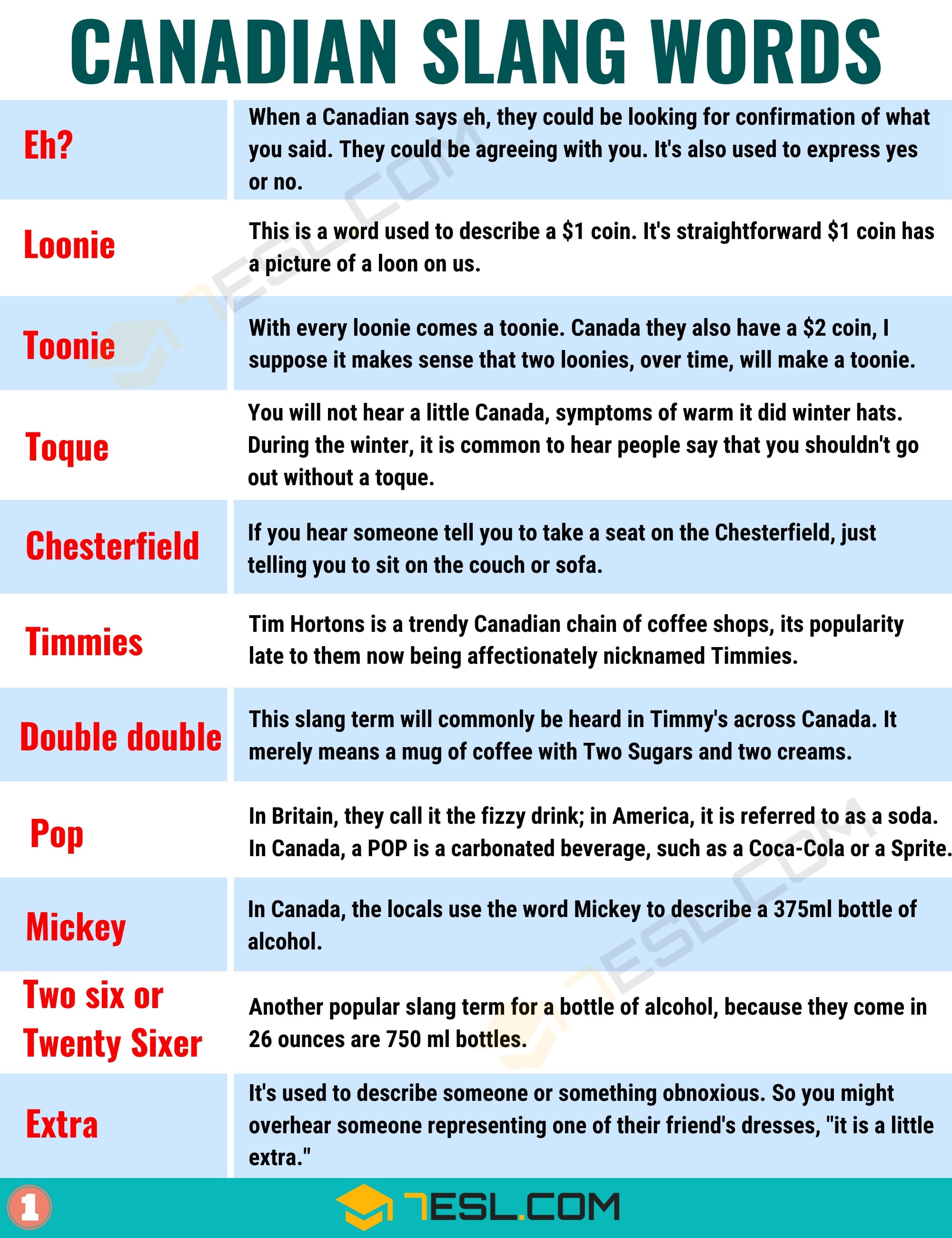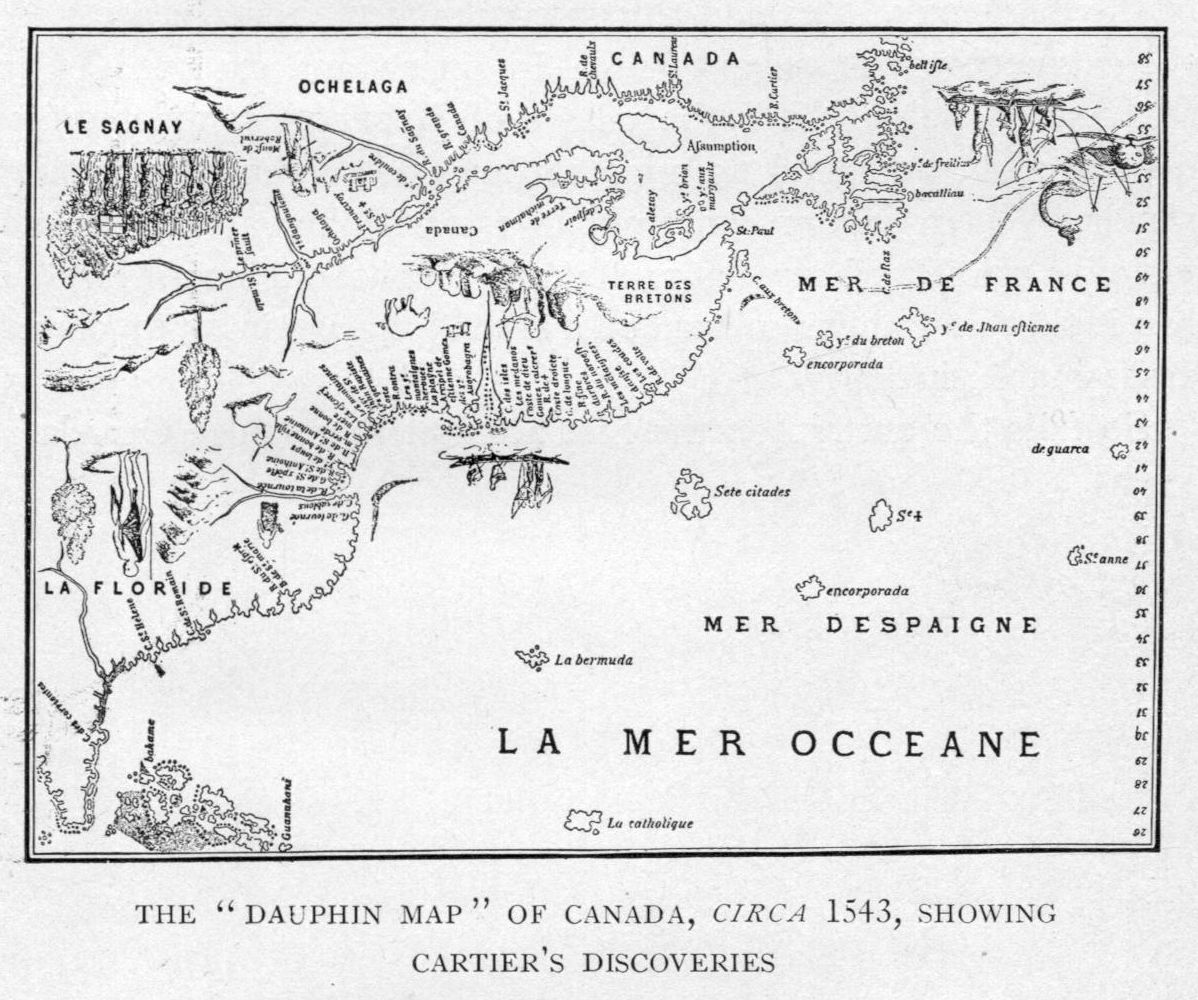Who owned Canada before?

Before Canada was colonized by European powers, Indigenous peoples had lived on the land for thousands of years. These diverse groups of Indigenous peoples included the First Nations, Inuit, and Métis people who had their own unique cultures, languages, and ways of life. They lived off the land through hunting, fishing, and agriculture, forming complex societies and trade networks.
When European explorers began to arrive in the late 15th century, they encountered these Indigenous peoples and began to establish colonies in the region that would eventually become Canada. The first European to reach what is now Canada was the Italian explorer John Cabot in 1497, followed by French and English explorers who began to establish settlements along the Atlantic coast.
One of the earliest European colonies in the region was New France, which was established by the French in the early 17th century. New France encompassed a vast territory that included present-day Quebec, Ontario, and parts of the Maritime provinces.
The French established trading posts, forts, and towns throughout the region, forming alliances with Indigenous peoples and engaging in the fur trade.
However, the French colony of New France was not the only European presence in the region. The British also established colonies along the Atlantic coast, particularly in present-day Newfoundland, Nova Scotia, and the Hudson Bay region. The rivalry between the French and British over control of North America would eventually lead to several conflicts, including the Seven Years' War, which ended with the British gaining control of New France in 1763.
Following the British conquest of New France, the region was divided into two separate colonies – Upper Canada and Lower Canada – in 1791. These two colonies would eventually be united into the Province of Canada in 1841, which would later become the Dominion of Canada in 1867.
Today, Canada is a diverse and multicultural country that is home to people from all over the world. However, it is important to remember the Indigenous peoples who first inhabited the land and the European colonizers who shaped the country's history. By acknowledging this complex history, we can work towards building a more inclusive and equitable society for all Canadians.



